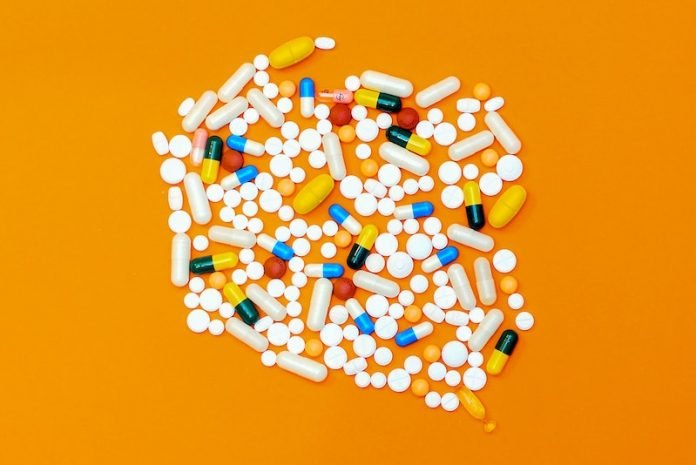
In a new study, researchers found that a human and a veterinary anti-inflammatory drug—Carprofen and Celecoxib—inhibit a key enzyme in the replication and transcription of the virus responsible for COVID-19.
The research was conducted by a team at the Universitat Rovira i Virgili.
Since the outbreak of the COVID-19 pandemic and its rapid spread, the scientific community has been working on developing an effective treatment for the virus responsible for the disease.
Finding drugs that can inhibit the infection caused by SARS-CoV-2 is an essential step to finding the vaccine that can definitively bring the spread of the virus to an end.
In the study, the team carried out a computational screening to predict whether there is a medicine authorized for treating another pathology that can inhibit the main protease of the virus (M-pro).
This is key to the whole process because this enzyme plays an essential role in the replication of the virus.
The team analyzed whether 6,466 drugs authorized by various drug agencies for both human and veterinary use could be used to inhibit the M-pro enzyme.
As a result of the study conducted at the URV, it has been predicted that 7 of these 6,466 drugs may inhibit M-pro.
The results have been shared with the international initiative COVID Moonshot which has selected 2 of these 7 compounds (i.e., Carprofen and Celecoxib) in order to test their ability to inhibit M-pro in vitro.
The results found that at a concentration of 50 μM of Celecoxib or Carprofen, the inhibition of the in vitro activity of M-pro is 11.90 and 4.0%, respectively.
Therefore, both molecules could be used as a starting point for further lead optimization to obtain even more potent derivatives.
The study is the first to be published worldwide on drug repositioning as inhibitors of SARS-CoV-2 M-pro where computational predictions are experimentally corroborated.
The remaining 5 molecules are expected to be selected soon by COVID Moonshot so that their bioactivity can be tested as well.
The authors of the study include Drs. Gerard Pujadas and Santi Garcia-Vallvé.
The study is published in the International Journal of Molecular Sciences.
Copyright © 2020 Knowridge Science Report. All rights reserved.



